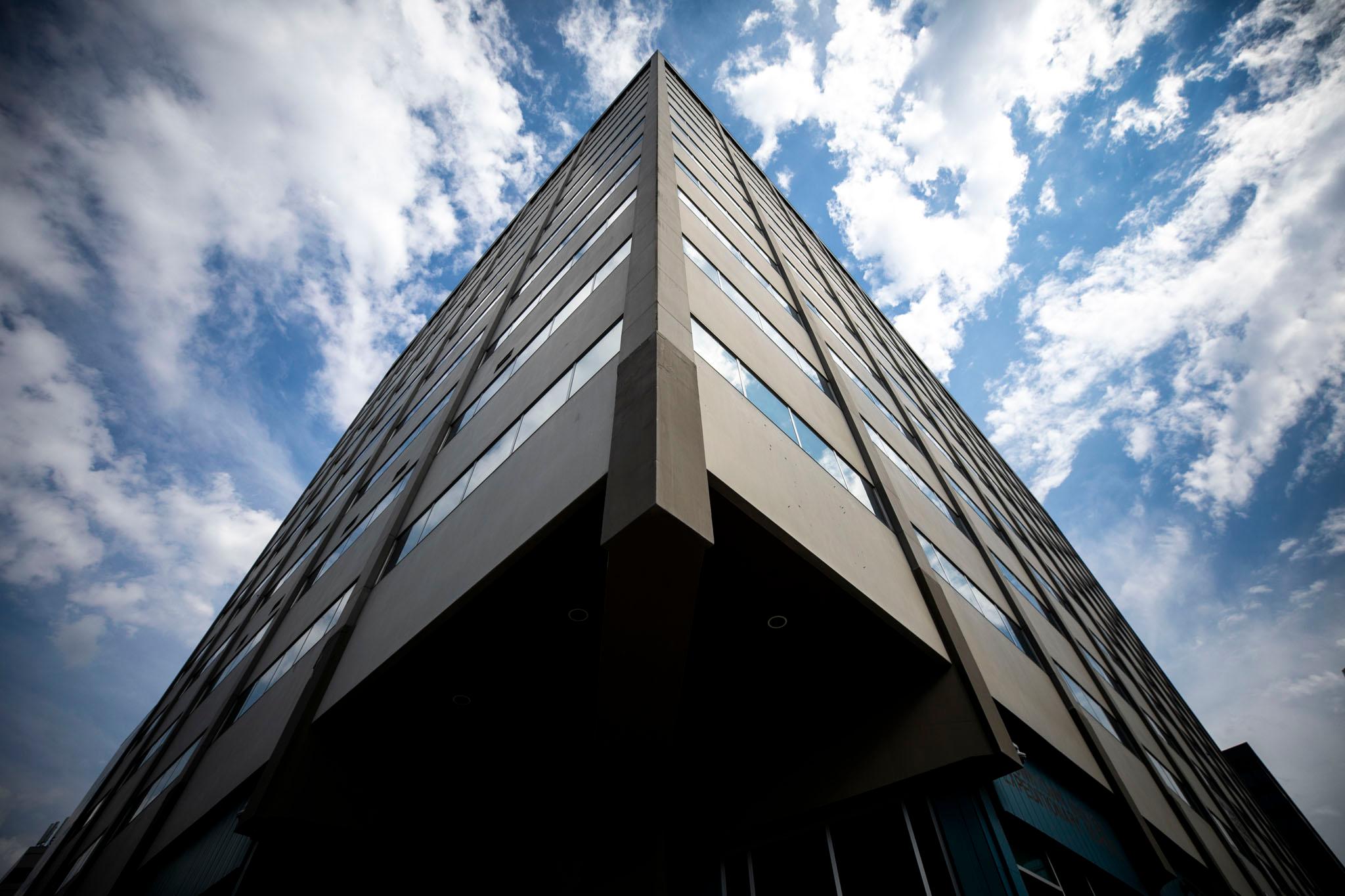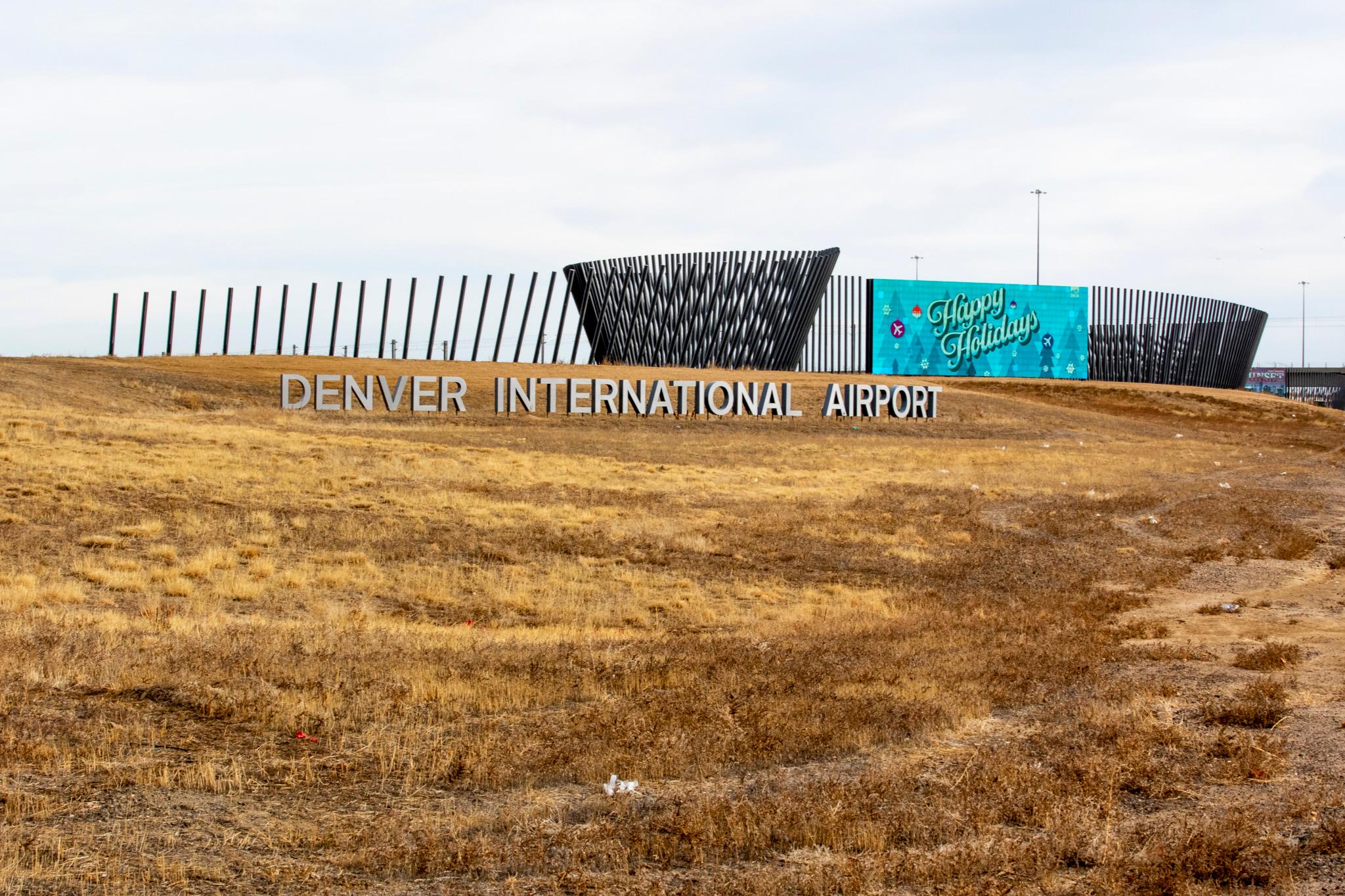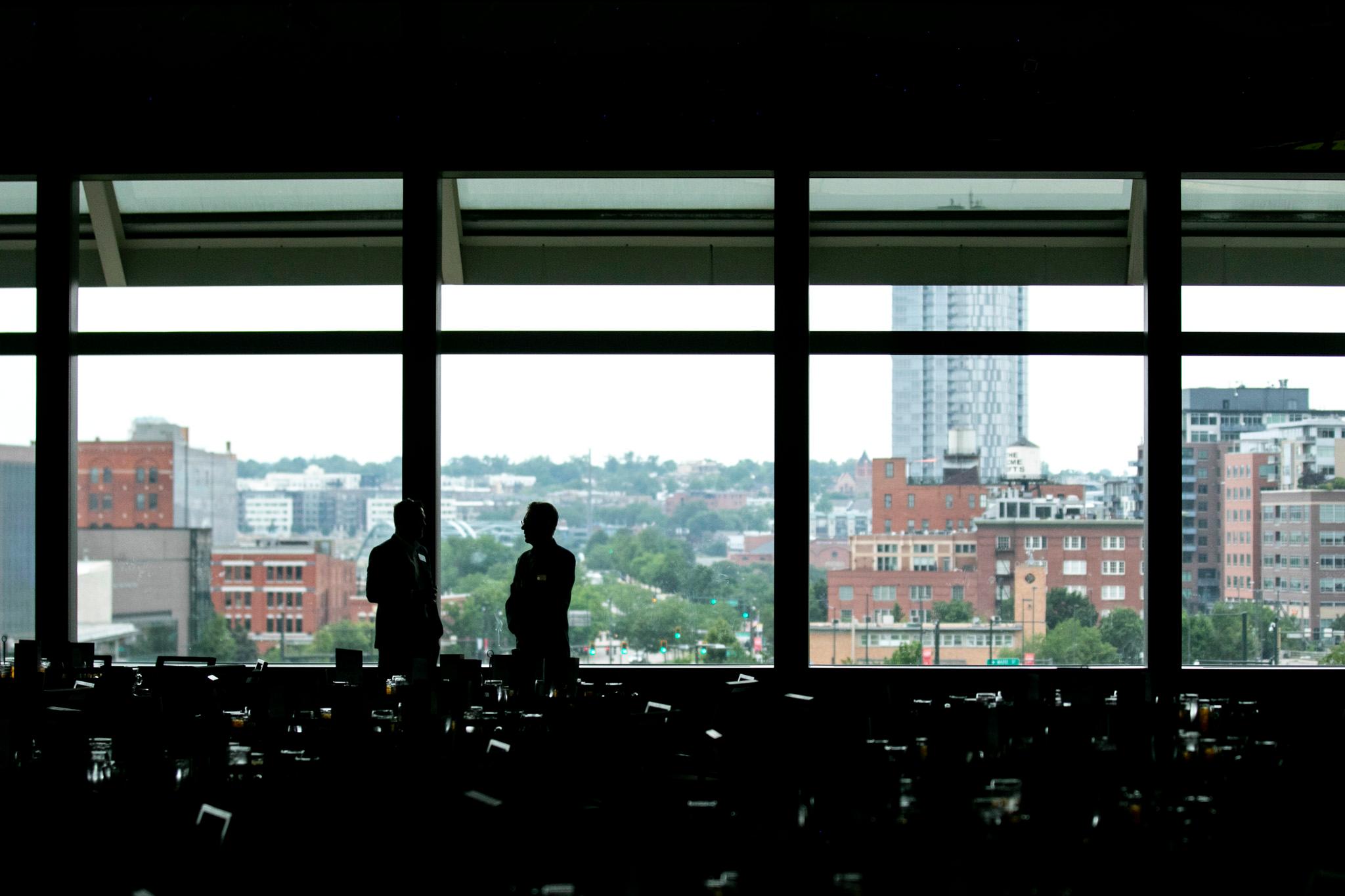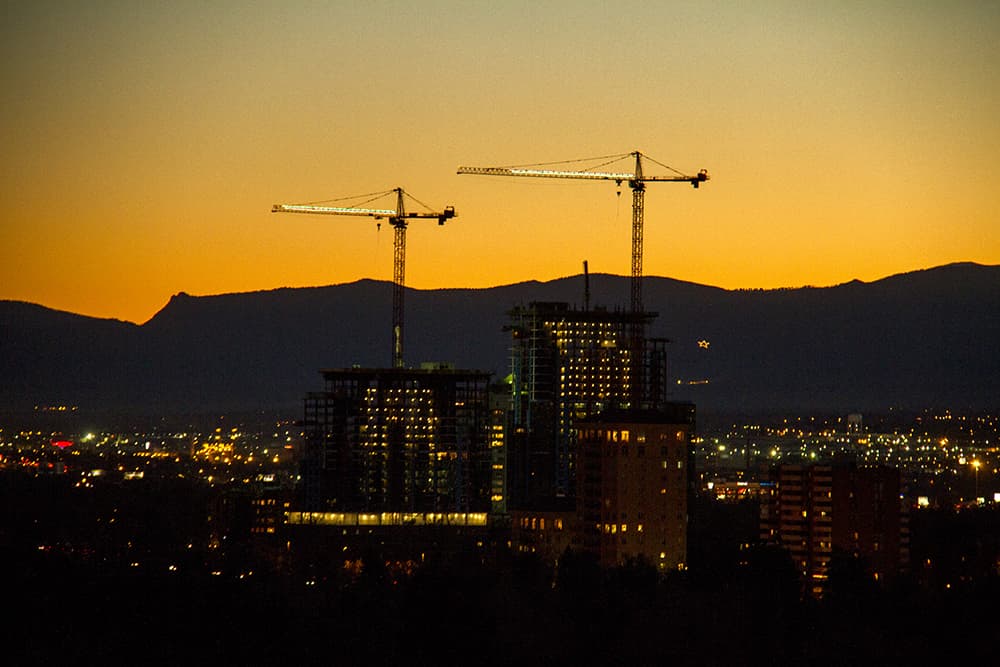
If you didn't build it, would they not come?
Here's the proposal: In the Front Range counties of Denver, Broomfield, Adams, Arapahoe, Boulder, Douglas, El Paso, Jefferson, Larimer and Weld, building permits for new housing would be capped at just 1 percent of existing units for the years 2019 and 2020.
And that cap would continue thereafter unless the residents of individual cities and counties voted to overturn it.
In addition to limiting residential growth, the amendment would require that 30 percent of the housing that is allowed under the cap be affordable housing and affordable housing for seniors.
Proposed Initiative 4, which is very, very, very long shot for the 2018 ballot, is the work of Daniel Hayes, a Golden resident who successfully passed just such a growth limit for that city back in 1995.
That was a year of intense growth anxiety around the state, as the New York Times noted in this article that feels like it could have been written yesterday, except that Hunter S. Thompson was still alive.
"We don't want Denver to become one big Los Angeles of the Rockies," former Gov. Richard Lamm said. Indeed.
And so, if you go to the city of Golden's website today, you'll see that they ran out of housing allocations for 2016 back in August. Golden is currently closed. Try back next year.
"Golden is much better for it," Hayes said.
But Golden's growth limit hasn't stopped nearby Arvada from sprawling far and wide or Denver from building up and up or Aurora from annexing thousands of new acres on the eastern plains.
And so Hayes wants to place a constitutional amendment before Colorado voters that would allow any city or county to vote in a growth limit and that would impose one along the Front Range.
"It's out of control," Hayes said. "If we don't do something about growth, I don't need to tell you what's going to happen. We're going to have two L.A.s along the Front Range."
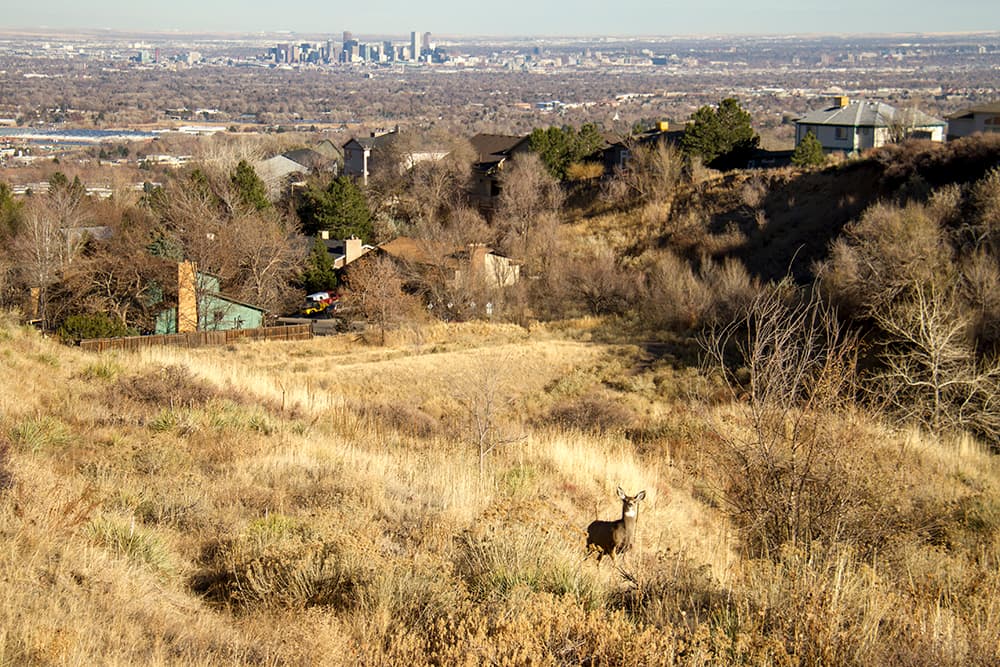
Hayes doesn't see a lot of benefits to growth. In addition to the traffic, current taxpayers are stuck picking up the tab for new schools and new infrastructure. Property taxes are going up, making it harder for long-time residents to afford to stay. There are questions about whether we'll have enough water in the future. Hayes even thinks the traffic and changing quality of life have already driven out good employers.
Hayes' parents worked in real estate development, so he's a little like the heir to the Baskin-Robbins ice cream empire who's a vegan activist. He earns his living managing rental properties. He's an environmentalist. He's going back to school.
Update: I should have realized but didn't until it was drawn to my attention this morning, that Hayes is the same person behind a series of municipal initiatives that required that the vehicles of unlicensed drivers be towed and impounded. It was widely seen as targeting undocumented immigrants, in part due to Hayes' own comments about "getting Hernandezes off the road." When I called him back to confirm he was the same person, he said, "I was called a racist, but I'm not a racist. I have Spanish people who rent from me, and some of them are fine people." I asked him if he saw a connection between anti-immigrant sentiment and anti-growth sentiment, and he just reiterated that "excessive growth" is bad.
This isn't the first time Hayes has brought forward a statewide growth limit measure, but this was the first time he thought he had the money to actually get it on the ballot.
Then Amendment 71 happened.
Colorado voters -- 55.7 percent of them, anyway -- chose to make it harder to amend the constitution. Now, not only does he need 98,492 valid signatures from registered voters, he needs those signatures from 2 percent of the registered voters in every state senate district around the state. And then if he gets it on the ballot, the measure would need to pass by 55 percent, which, despite Amendment 71's success, is pretty hard to do.
A lot of people think Amendment 71 has essentially killed the possibility of new constitutional amendments in Colorado. "Colorado is now going to be less of a guinea pig," Colorado Secretary of State Wayne Williams told the Colorado Counties Inc. winter conference, according to the Colorado Springs Gazette.
Hayes estimates he'd need at least $800,000 to do a successful petition campaign under Amendment 71, which is probably more than he can raise.
Hayes could avoid that hurdle if he did a statutory proposition --which changes state law but not the constitution -- but he thinks the legislature would just overturn it. They're bought and sold by development interests, he said.
"I don't think it's very controversial, but the developers will make it controversial. They would lose millions," he said.
I asked Hayes if limiting growth wouldn't make existing housing that much more expensive.
Economists blame skyrocketing rents and displacement in large part on the shortage of new housing for new residents. Roughly 100,000 people moved here last year, but just 25,000 new housing units were built, according to the U.S. Census.
And in fact, that represents a 1.1 percent increase in housing units, though that's statewide and individual communities are certainly growing faster.
Nothing in the constitutional amendment stops people from moving here or new businesses from opening, attracting more people looking for jobs.
I asked Hayes about the example of Boulder, which also has a 1 percent growth limit -- though it's calculated as an average over time so that more housing might be built one year if less was built the year before. Boulder, of course, is a very expensive place to live. The People's Republic has limited its growth through a variety of land use policies as well: the Green Belt of open space around the city, the Blue Line that prohibits city water service in the foothills, the 55-foot height limit.
Hayes thinks looking to Boulder to see the impact of a growth limit is like looking to Aspen or Vail. It's just too different from other cities in the metro area.
Does the rest of the metro area -- or the entire state -- share Golden and Boulder's desire for slow growth? We probably won't get a chance to find out.
But as much as people are sick of the traffic and skeptical of whether the benefits are trickling down to the rest of us, we may be in a different place politically than we were in 1995. Even growth-wary Boulder rejected the most recent ballot measures to further limit growth there by more than 60 percent.

